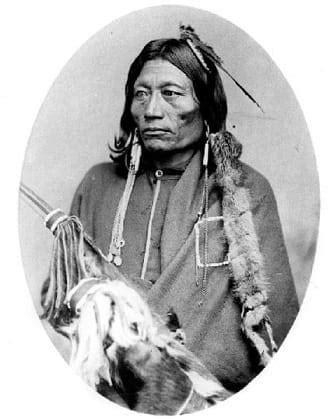The Apache languages, also known as the Apachean languages, are a group of languages spoken by the various Apache peoples, who are Native American tribes traditionally living in the Southwestern United States. The Apache languages are part of the Athabaskan language family, which also includes other languages spoken in the western United States and Canada.
The Apache languages have a rich and complex history, with different dialects and languages emerging over time. While the Apache languages are still spoken today, the number of fluent speakers has declined significantly over the years due to various factors such as colonization, forced assimilation, and urbanization.
Apache Languages and Dialects
There are several Apache languages and dialects, including:
- Western Apache, which includes the dialects spoken by the Western Apache tribes, such as the White Mountain Apache, the San Carlos Apache, and the Yavapai-Apache.
- Chiricahua Apache, which was traditionally spoken by the Chiricahua Apache tribe.
- Jicarilla Apache, which is spoken by the Jicarilla Apache Nation.
- Lipan Apache, which was traditionally spoken by the Lipan Apache tribe.
- Plains Apache, which was traditionally spoken by the Plains Apache tribe.
Each of these languages and dialects has its own unique grammar, vocabulary, and pronunciation.

Endangered Status of Apache Languages
Unfortunately, the Apache languages are considered endangered, with many fluent speakers elderly or deceased. According to the UNESCO Atlas of the World's Languages in Danger, the Apache languages are classified as follows:
- Western Apache: Vulnerable
- Chiricahua Apache: Critically Endangered
- Jicarilla Apache: Endangered
- Lipan Apache: Critically Endangered
- Plains Apache: Extinct
The decline of the Apache languages can be attributed to various factors, including:
- Forced assimilation policies, which led to the suppression of Native American languages and cultures.
- Urbanization, which has resulted in the dispersal of Apache communities and the loss of traditional ways of life.
- Limited access to language education and cultural resources.

Efforts to Revitalize Apache Languages
Despite the challenges, there are efforts underway to revitalize and document the Apache languages. These initiatives include:
- Language immersion programs, which provide opportunities for Apache youth to learn their native languages.
- Language documentation projects, which aim to record and preserve the Apache languages for future generations.
- Cultural camps and workshops, which promote the teaching of Apache languages and cultures.
- Language planning and policy development, which aim to support the use of Apache languages in public services, education, and media.

Importance of Preserving Apache Languages
Preserving the Apache languages is crucial for several reasons:
- Language is a vital part of Apache identity and culture.
- Language preservation helps to maintain the historical and cultural heritage of the Apache people.
- Language preservation supports the transmission of traditional knowledge and values to future generations.

Conclusion
The Apache languages are an integral part of Apache culture and identity. While the languages are considered endangered, efforts are underway to revitalize and document them. Preserving the Apache languages is crucial for maintaining Apache identity, cultural heritage, and traditional knowledge. It is essential to support language preservation initiatives and to recognize the importance of language in Apache culture.





What is the current status of the Apache languages?
+The Apache languages are considered endangered, with many fluent speakers elderly or deceased.
What efforts are being made to revitalize the Apache languages?
+Efforts include language immersion programs, language documentation projects, cultural camps and workshops, and language planning and policy development.
Why is it important to preserve the Apache languages?
+Preserving the Apache languages helps to maintain Apache identity, cultural heritage, and traditional knowledge.
